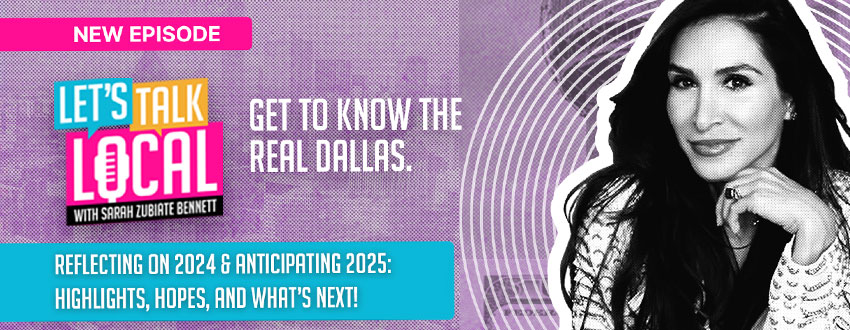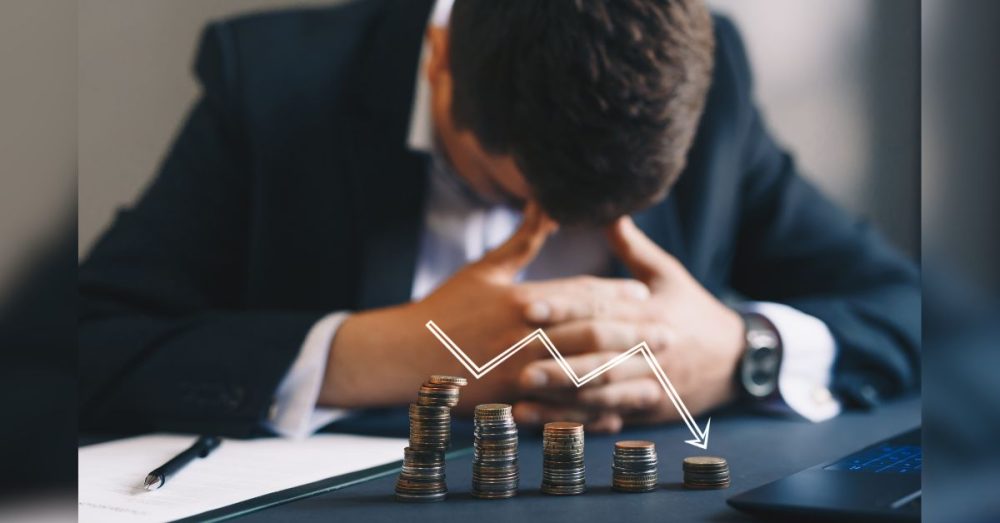America is on the verge of a recession, and the fear is palpable.
According to a recent survey of 2,000 adults, three out of five Americans think the U.S. is in a recession because of inflation and the rising cost of living.
Bidenomics resulted in a 40-year record-high inflation, peaking at 9.1% year-over-year in June 2022. Despite some relief in terms of the rate of inflation, prices of everything are still out of control, and wages have failed to keep pace.
The unemployment rate jumped to 4.3% in July, triggering the Sahm Rule. Created by Federal Reserve economist Claudia Sahm in 2019, the Sahm Rule is an indicator that has accurately signaled nearly every U.S. recession since the 1950s based on historical data. According to the rule, a recession is imminent if the unemployment rate’s three-month moving average rises half a percentage point or more from its low the previous year. Following the latest unemployment numbers, the Sahm Rule hit .53%.
The economic indicators are not good. The latest data shows that the U.S. manufacturing sector contracted last month. According to S&P Global, business shrank last month at the fastest rate so far this year. Global markets have been shaky due to growing recession fears.
What’s that famous line Democratic strategist James Carville said during the 1992 election that’s coming back to bite Dems? “It’s the economy, stupid.”
Business Insider reports on how American workers are feeling stuck as opportunities in the job market shrink and fears of a recession rise. Here’s the start of the story:
America’s job market is in a bind.
That’s probably no surprise to current job-seekers, who are having an increasingly tough time landing a new gig as hiring slows and job boards run dry.
The stagnation has resulted in a rise in “stuck” workers — frustrated employees who say they want to quit a job, but are staying put as the fear of a potential recession looms in the backs of their minds.
A 24-year-old employee working in histology named Amanda, who spoke with Business Insider, is one such worker who feels that way. She’s choosing to stay in her current role as there are limited offerings in her field, and switching employers would likely lead to her pay being cut by at least a third.
“I feel trapped here,” Amanda said. “I’m financially screwed if I leave, and that’s why I don’t, or can’t leave.”
Americans have long grumbled about their feelings of being stuck in an unsatisfying role, but the feeling appears to be growing: Americans are quitting their jobs at the slowest pace since the pandemic, with the quits falling to just 2.1% in July, according to the Bureau of Labor Statistics.


